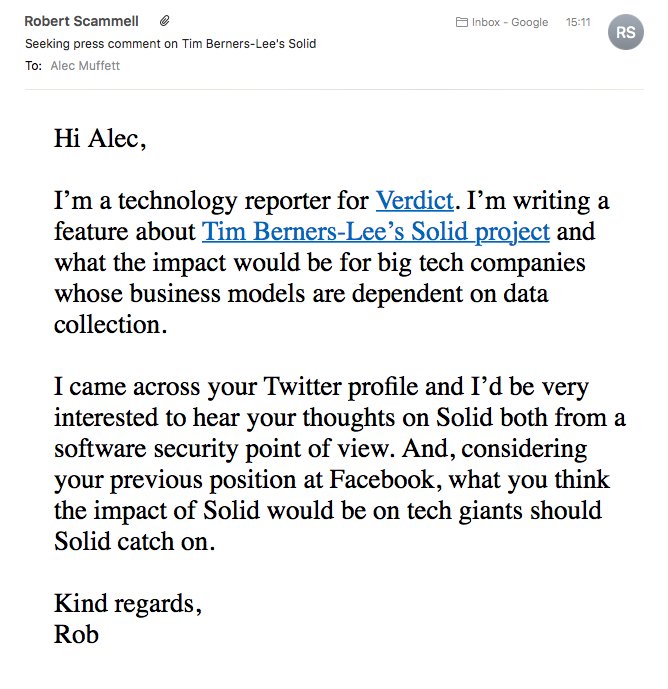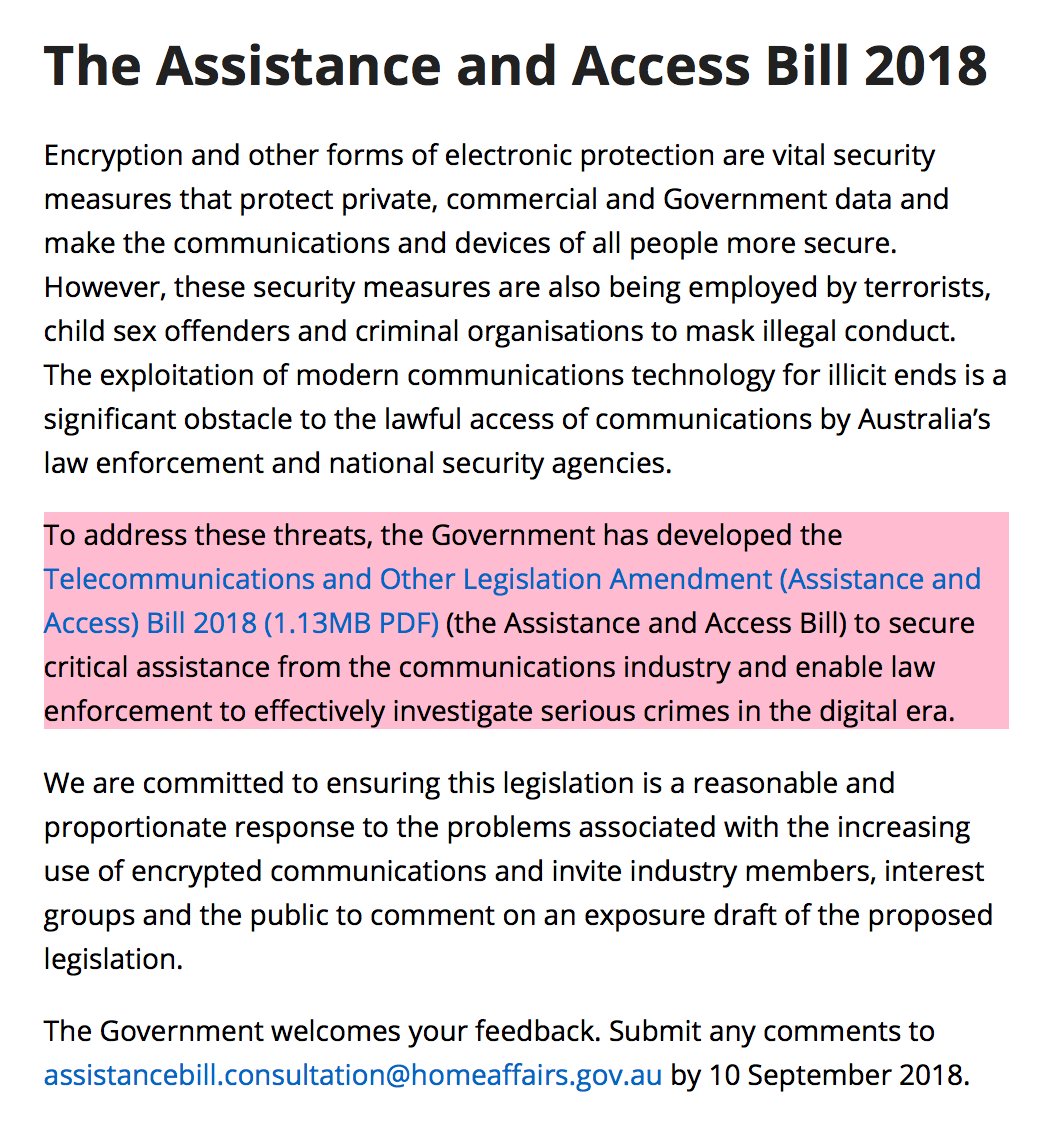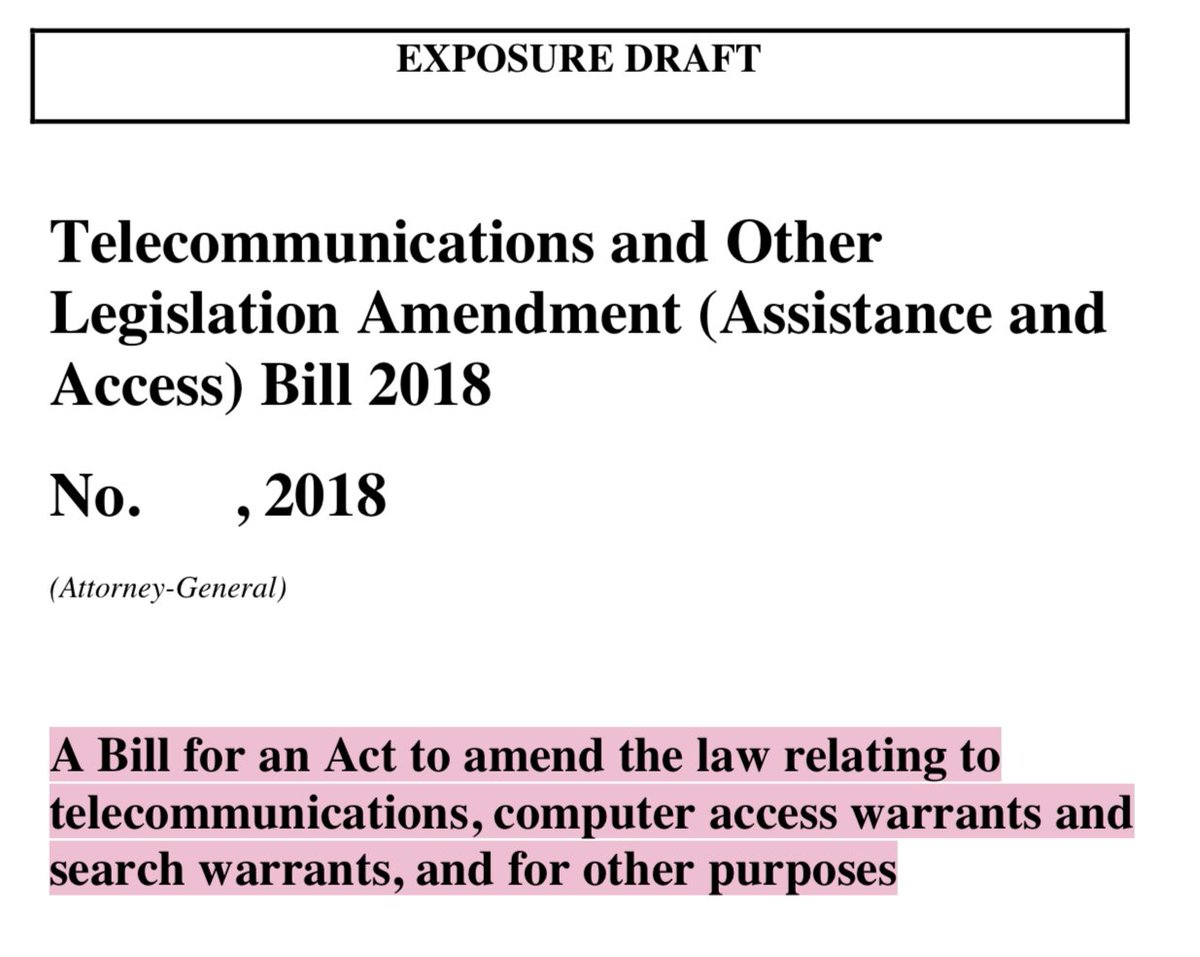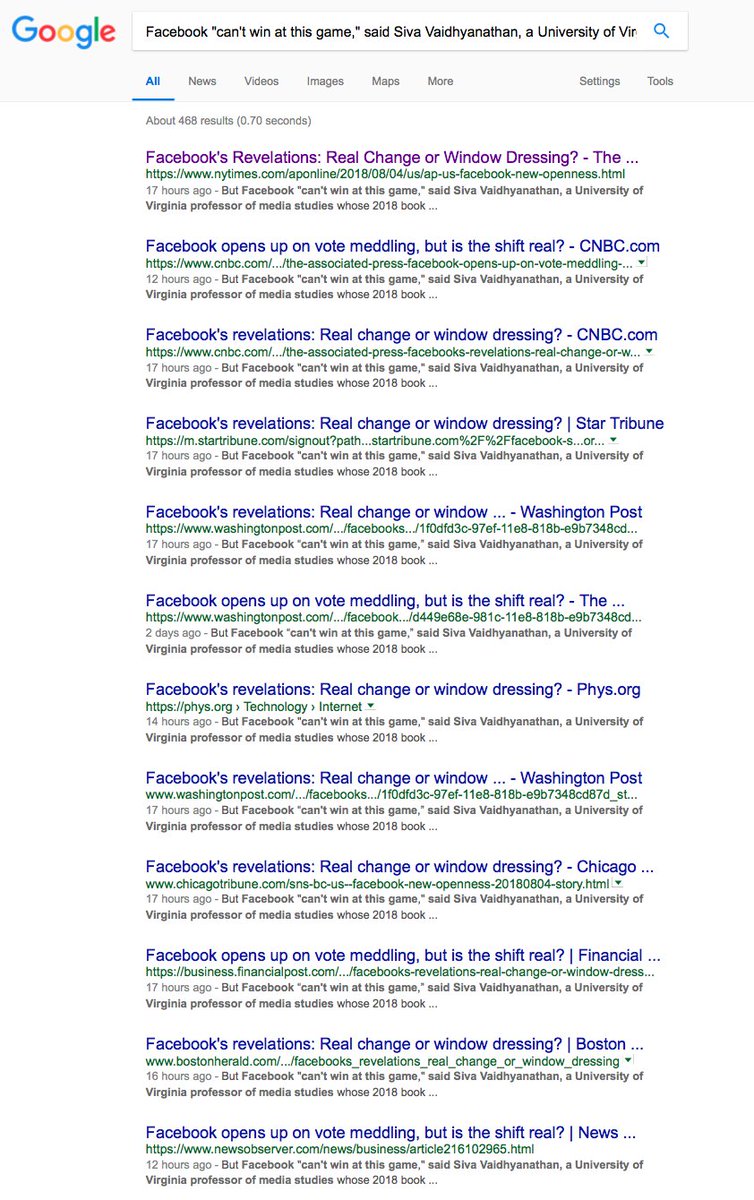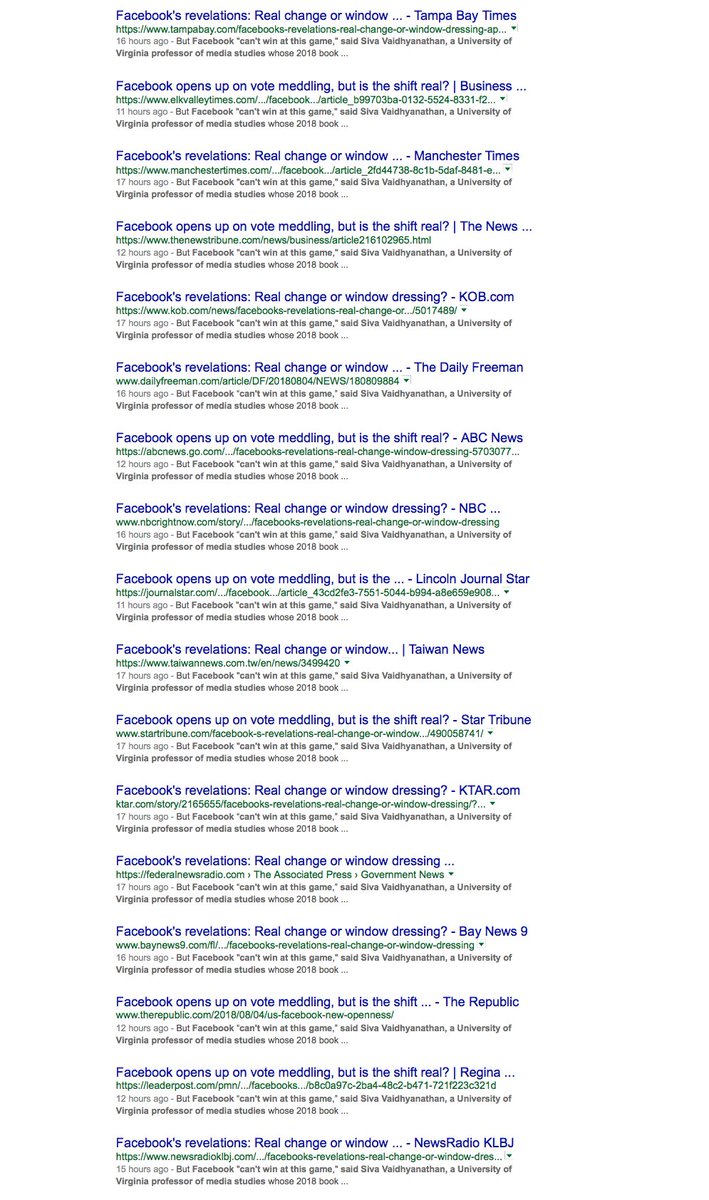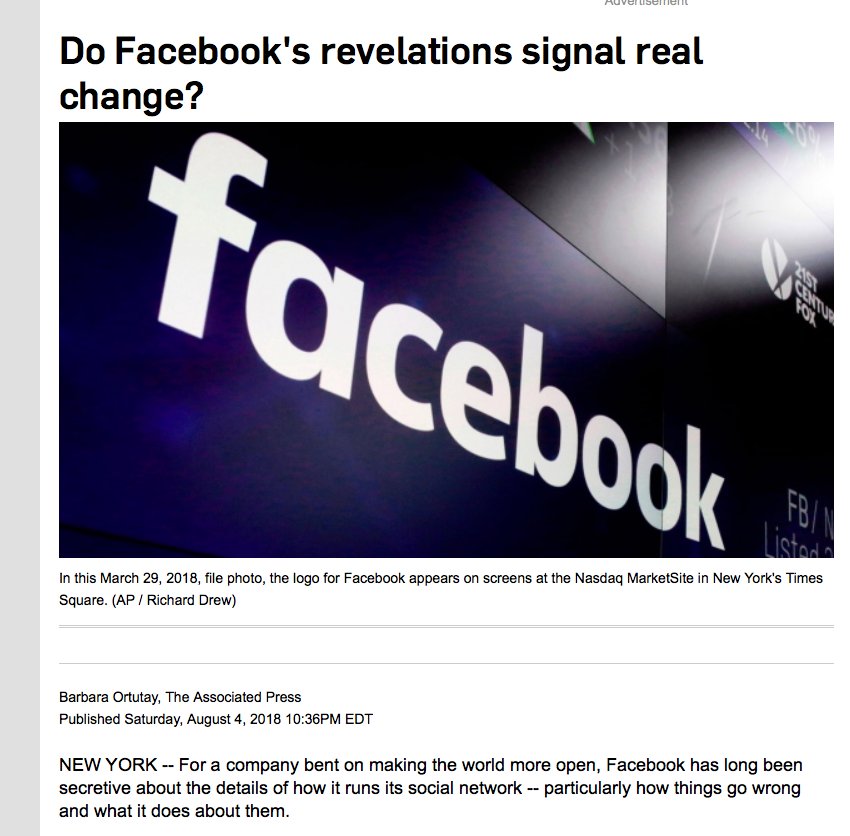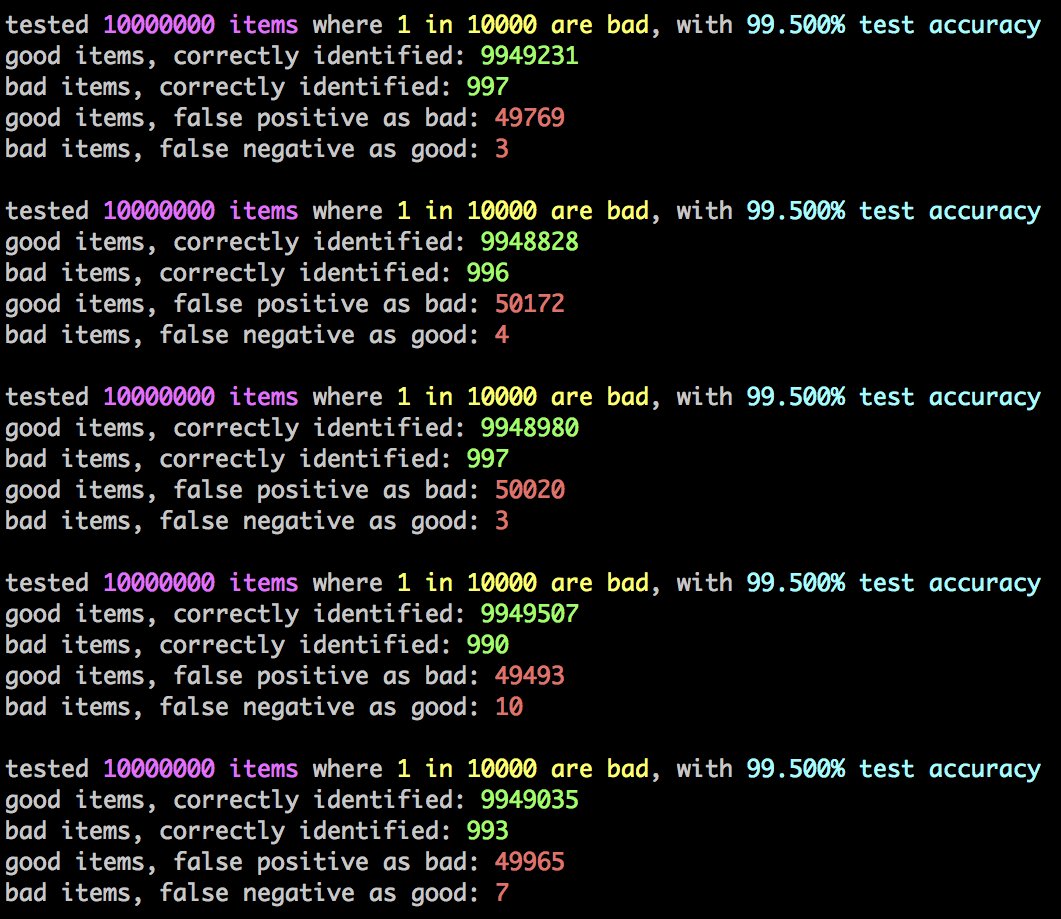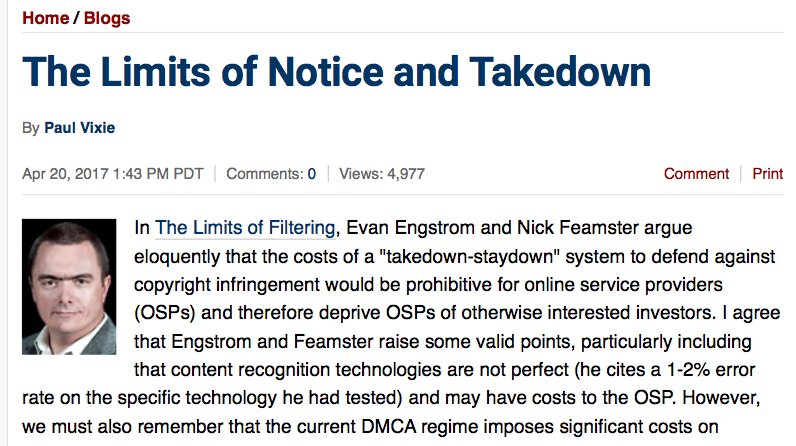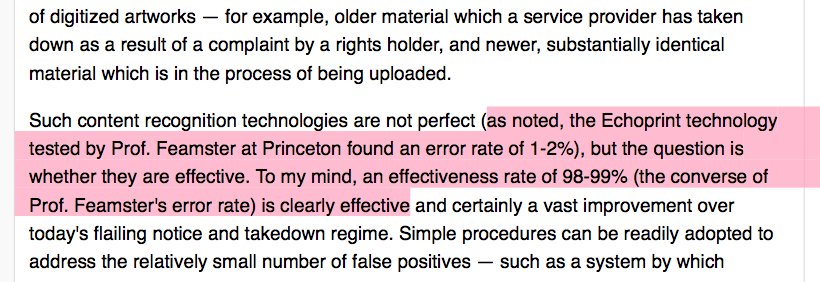<pops open bonnet of car>
Mark: "There you go, there's the engine. 4 cylinder petrol engine"
@CommonsCMS: "Where are the horses?"
Mark: "Horses?"
CMS: "We heard it's a 100 Horsepower engine."
Mark: "That's just a metaphor…?"
Mark: "There you go, there's the engine. 4 cylinder petrol engine"
@CommonsCMS: "Where are the horses?"
Mark: "Horses?"
CMS: "We heard it's a 100 Horsepower engine."
Mark: "That's just a metaphor…?"
https://twitter.com/carolecadwalla/status/1023470726655959040
.@CommonsCMS: "No, we know there are horses. That engine is a black box. You're not being transparent about where the horses are."
Mark: "But that's not how cars really work…"
CMS: "Everyone knows that cars are driven by horsepower. We want to see the horses." #algorithms
Mark: "But that's not how cars really work…"
CMS: "Everyone knows that cars are driven by horsepower. We want to see the horses." #algorithms
Author's Note: this may sound like whimsy, but it's only a few years since I had the following conversation with a member of a London-based "civil society" campaigning organisation:
Me: "…if someone's organising a heavy metal festival, they might bid to show adverts to people who like `Metallica`…"
Them (triumphant) "A-HA! BUT HOW DOES FACEBOOK KNOW THAT I LIKE METALLICA?!"
Me: "There's a button. On the Metallica page. Marked `Like`."
Them: "That's it?"
Them (triumphant) "A-HA! BUT HOW DOES FACEBOOK KNOW THAT I LIKE METALLICA?!"
Me: "There's a button. On the Metallica page. Marked `Like`."
Them: "That's it?"
Me: "Yes. That's it."
…and then there was this sort of iceberg-crashing facial expression of "but, wait, what?" and desperately grappling to find something complicated and X-Files-Conspiracy-Like onto which they could grab.
…and then there was this sort of iceberg-crashing facial expression of "but, wait, what?" and desperately grappling to find something complicated and X-Files-Conspiracy-Like onto which they could grab.
In terms of poorly-informed & misconceived myths that power criticism of social media in general & Facebook in particular, it's right up there with "if people knew the VALUE of their personal data they'd take MORE CARE of it!"
Value: about $3/month:
Value: about $3/month:
https://twitter.com/AlecMuffett/status/1016321180117209088
There are bound to be a bunch of committee meetings that come out of this paper; I'm considering making bingo cards:
- chortling joke re: dialing-down the number of baby photos you see
- assertion that Facebook sells data
- "the Daily Mail is obviously different from Fake News"
- chortling joke re: dialing-down the number of baby photos you see
- assertion that Facebook sells data
- "the Daily Mail is obviously different from Fake News"
Why do I care? Well, (a) I don't like Policy which is founded on misapprehension, "something must be done!"-ism, or "to send a message"; also (b) I worry about the brake that even well-intended, supposedly-balanced regulation will have upon innovation.
• • •
Missing some Tweet in this thread? You can try to
force a refresh


